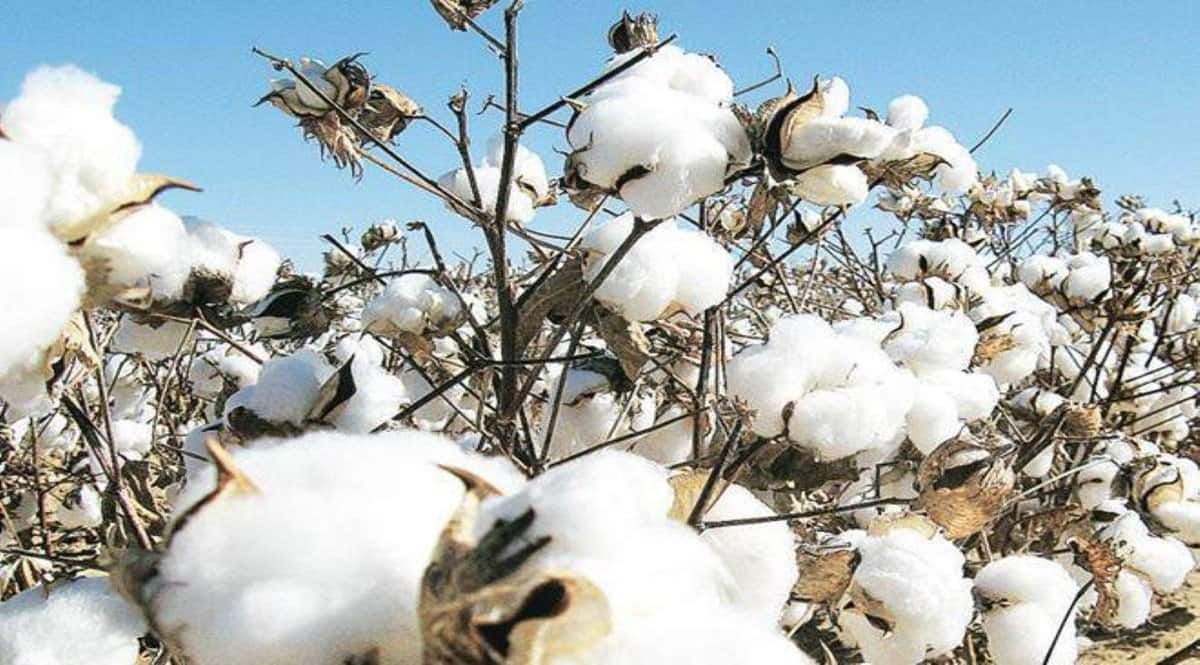With Bangladesh likely to approve commercial cultivation of genetically modified (GM) Bt cotton varieties sourced from an Indian company soon, seed manufacturers in the country have urged for regulatory approval of the new generation of herbicide-tolerant Bt (HTBt) cotton varieties whose application is pending with Genetic Engineering Appraisal Committee (GEAC).
According to Ram Kaundinya, director general, Federation of Seed Industry for India, the government has to go ahead with deployment of modern GM technology urgently to cut down on rising cost of pesticides and labour in cotton cultivation.
“In case of oilseed crops like mustard, vegetable crops with huge pesticide consumption like Brinjal, which were already cleared by GEAC, must be given approval so that Indian farmers can benefit,”Kaundinya told FE.
Since the introduction of Bollgard-I, which was the country’s first GM crop approved for commercialisation in 2002, followed by Bollgard-II,a pest-resistant cotton variety, which protects the crop from bollworm, in 2006, the GEAC has not approved any new varieties.
The approval for HTBt cotton was first sought by Bayer (then Monsanto) in 2016, but it withdrew the application in the subsequent year, citing delays in the process. Though the application was re-submitted by Bayer-Mahyco in December last year, the regulator is yet to take a call.
As recently reported by FE, because of GEAC’s non-approval of new generation Bt cotton seeds such as HTBt cotton, a flourishing illegal trade in a new unapproved herbicide-tolerant variety has come to occupy nearly a fifth of the GM cotton seeds market in India.
Over three dozen seed companies, which are authorised to sell the transgenic Bt cotton by licence-holder Bayer Crop Science-Mahyco,warn that the illegal seeds, first seen in the market in 2019, could contaminate the regular Bt seed and lead to “heavy losses” for cotton growers.
“Bangladesh’s preference of Indian Bt technology in the past should be a wake up call for the environment ministry to seriously evaluate pending biotechnological applications and facilitate the process of approval of next generation Bt technologies,” Bhagirath Choudhary, founder director, South Asia Biotechnology Centre, said.
Since its introduction two decades ago, Bt cotton has led to a dramatic rise in India’s cotton yield and thereby, production, but over the last two-three years, the yield has come down marginally. The cotton production rose from 8.62 million bales (of 170 kg each) in 2002-03 to 34.04 MB in 2021-22.
In a report in Dhaka Tribune last week, the Bangladesh National Technical Committee on Crop Biotechnology has given a nod for two Bt cotton varieties, sourced from the Hyderabad-based JK Agri Genetics.
Once introduced for commercial cultivation, Bt cotton will be Bangladesh’s second GM crop after Bt brinjal which was approved in 2013.The report stated that by introducing high-yielding and pest-resistant Bt cotton in 2002, India made a complete turnaround from a cotton importing country to an exporting country. “Over the past two decades, India has emerged as the world’s number one exporter of cotton and also commands nearly a third of Bangladesh’s total import volume of the natural fibre,”it stated.

Leave a Reply